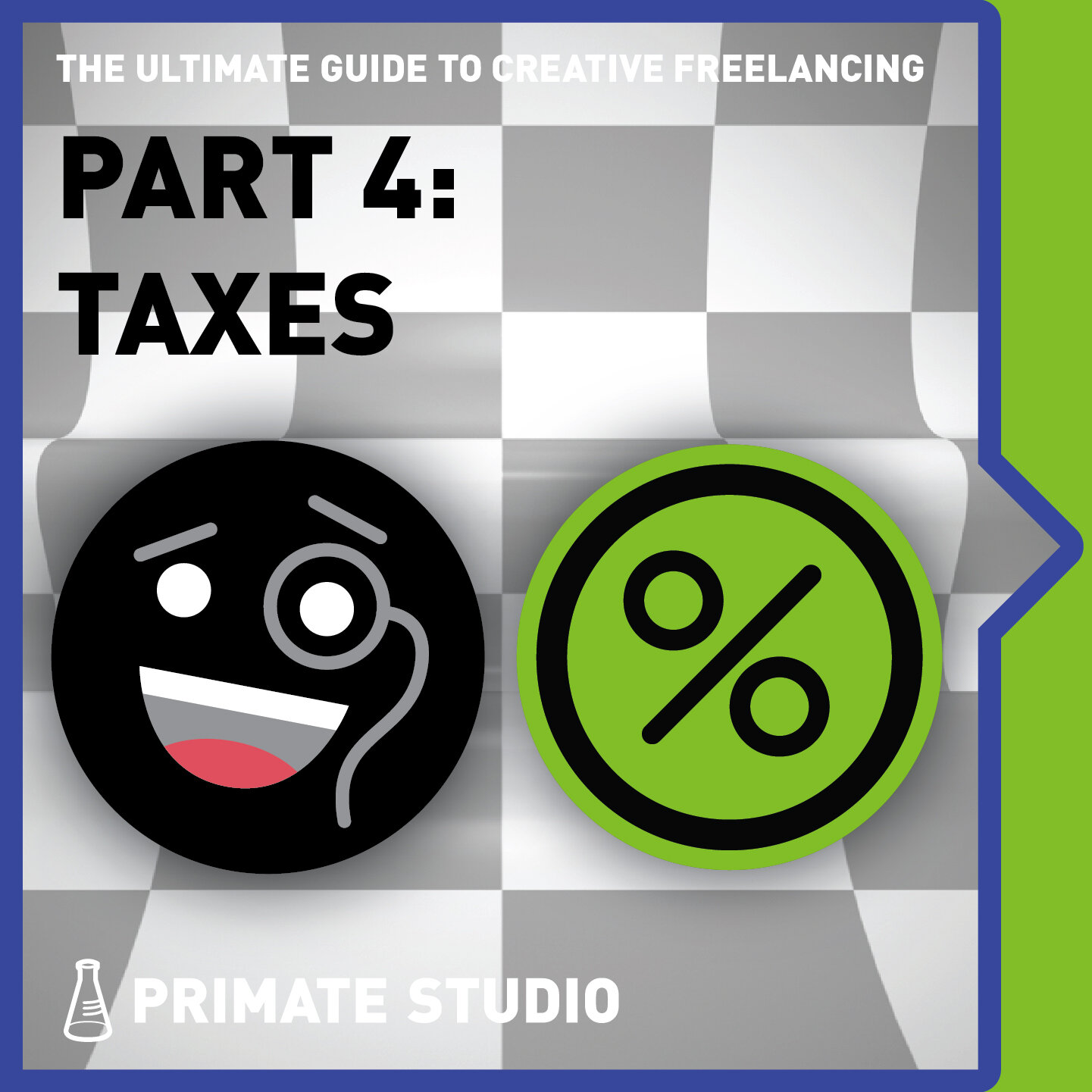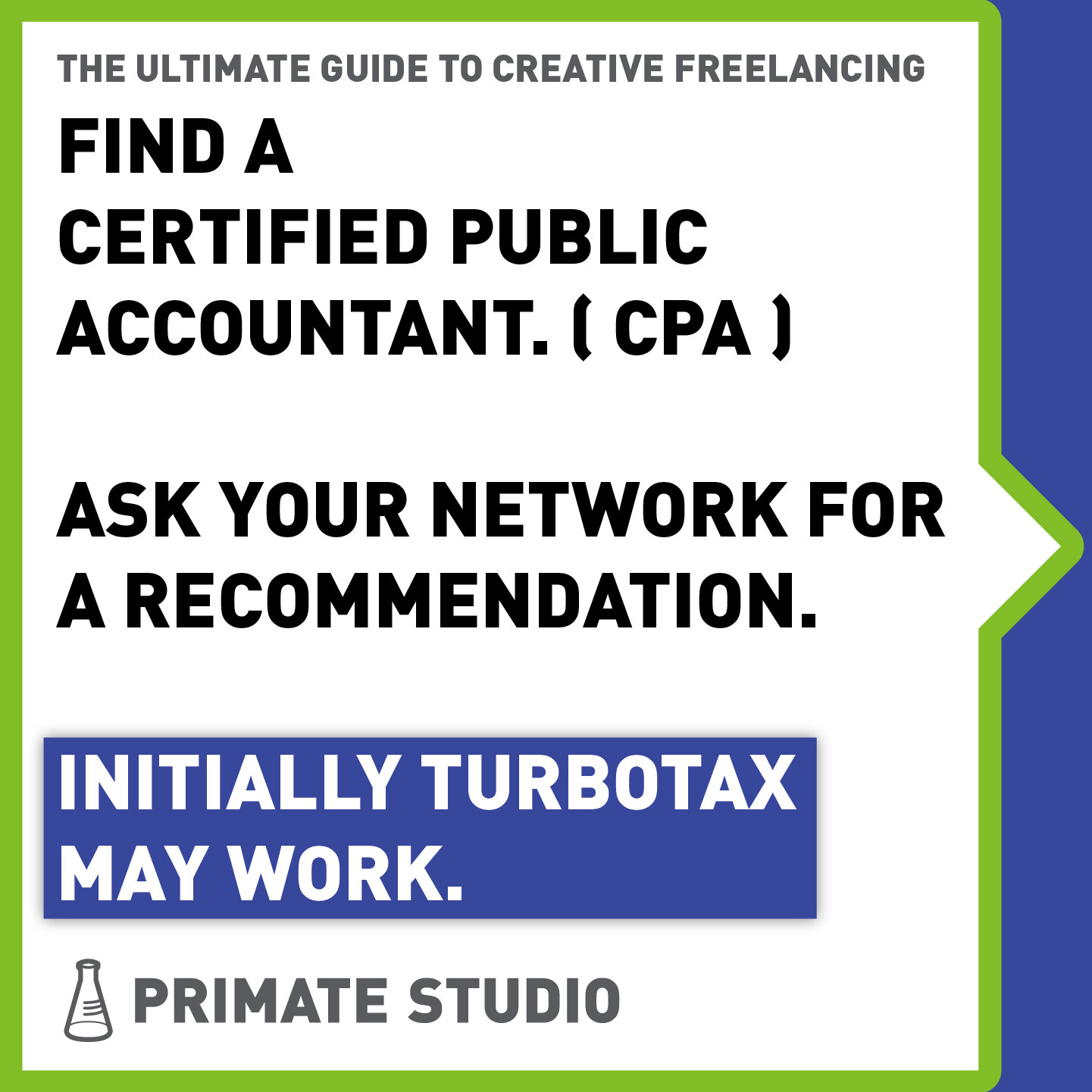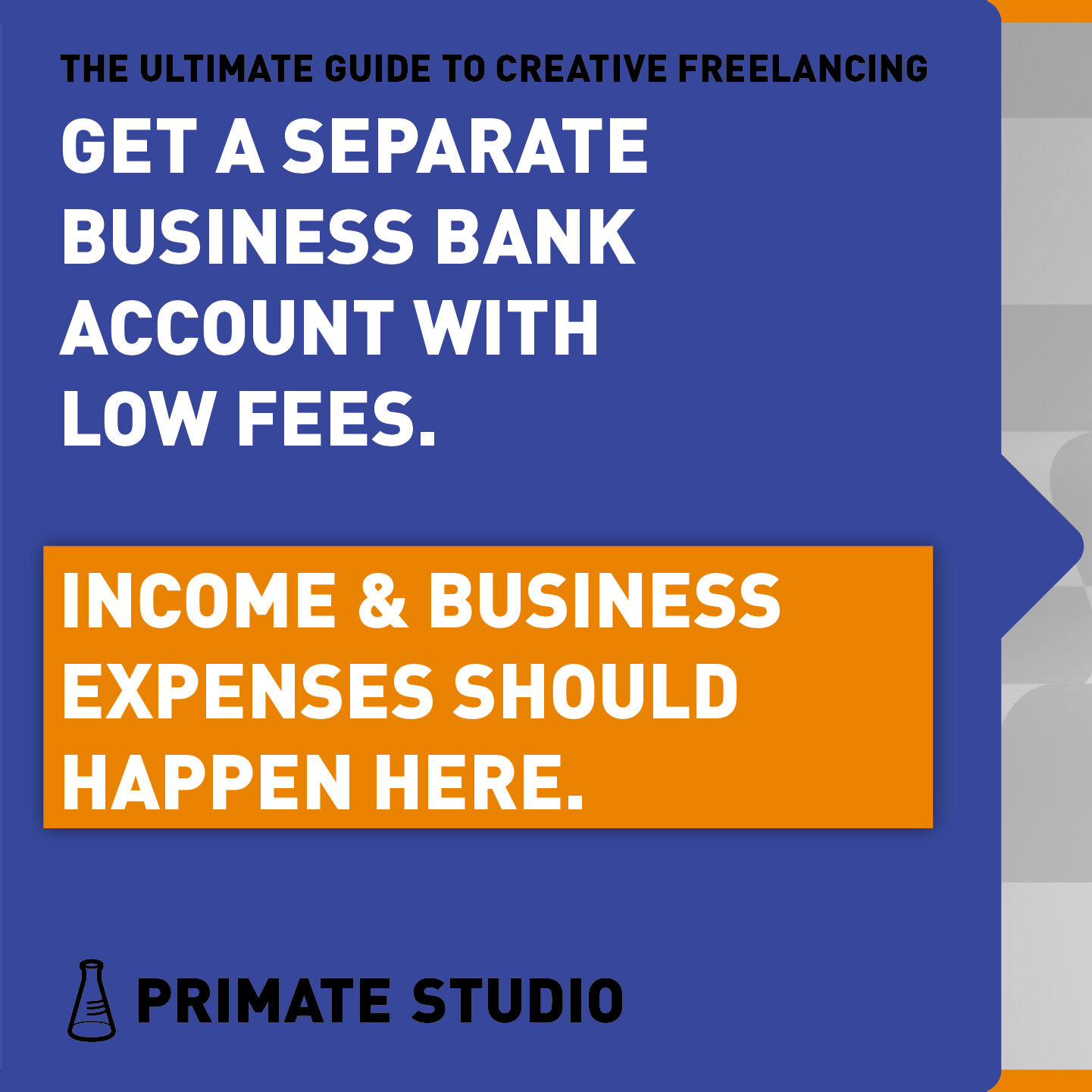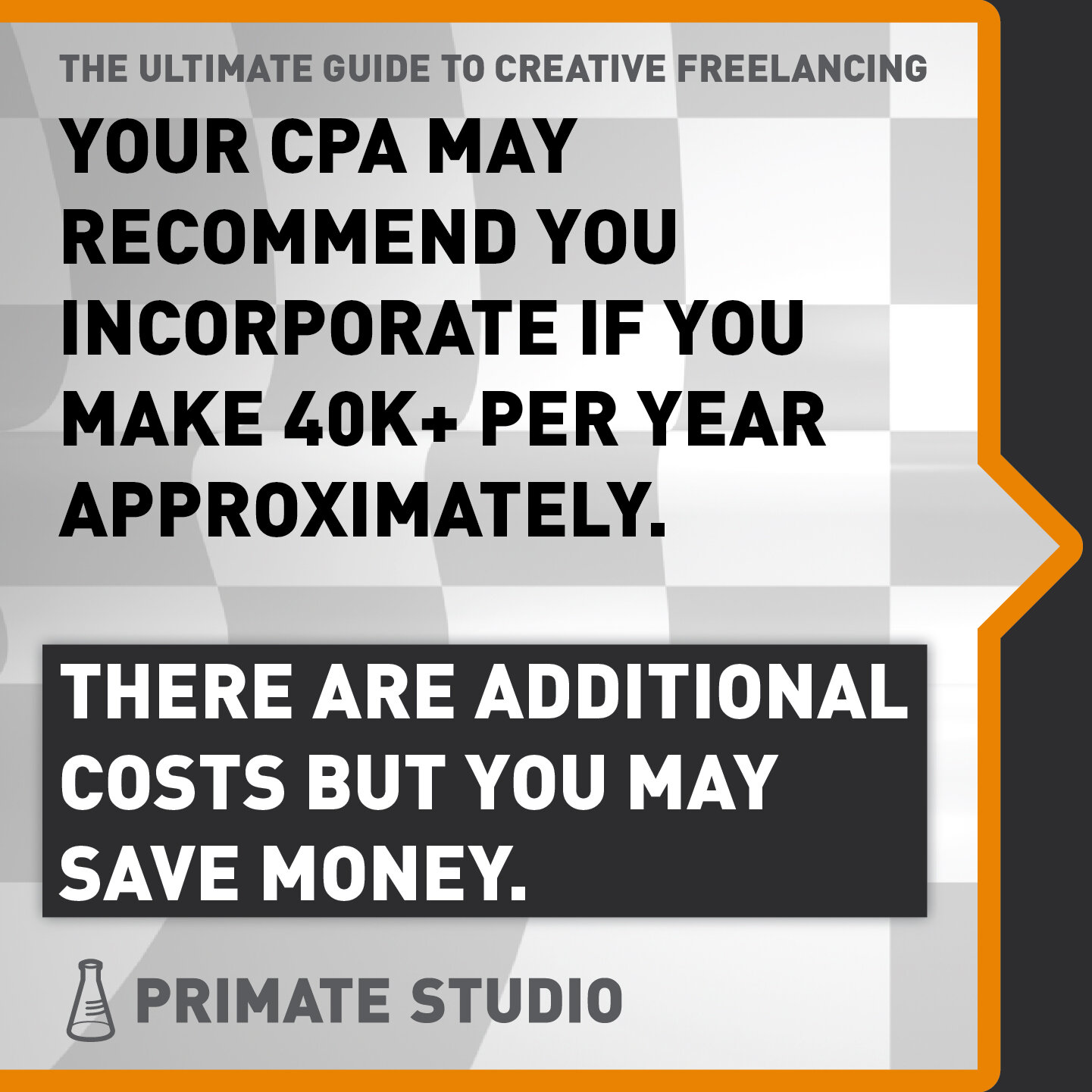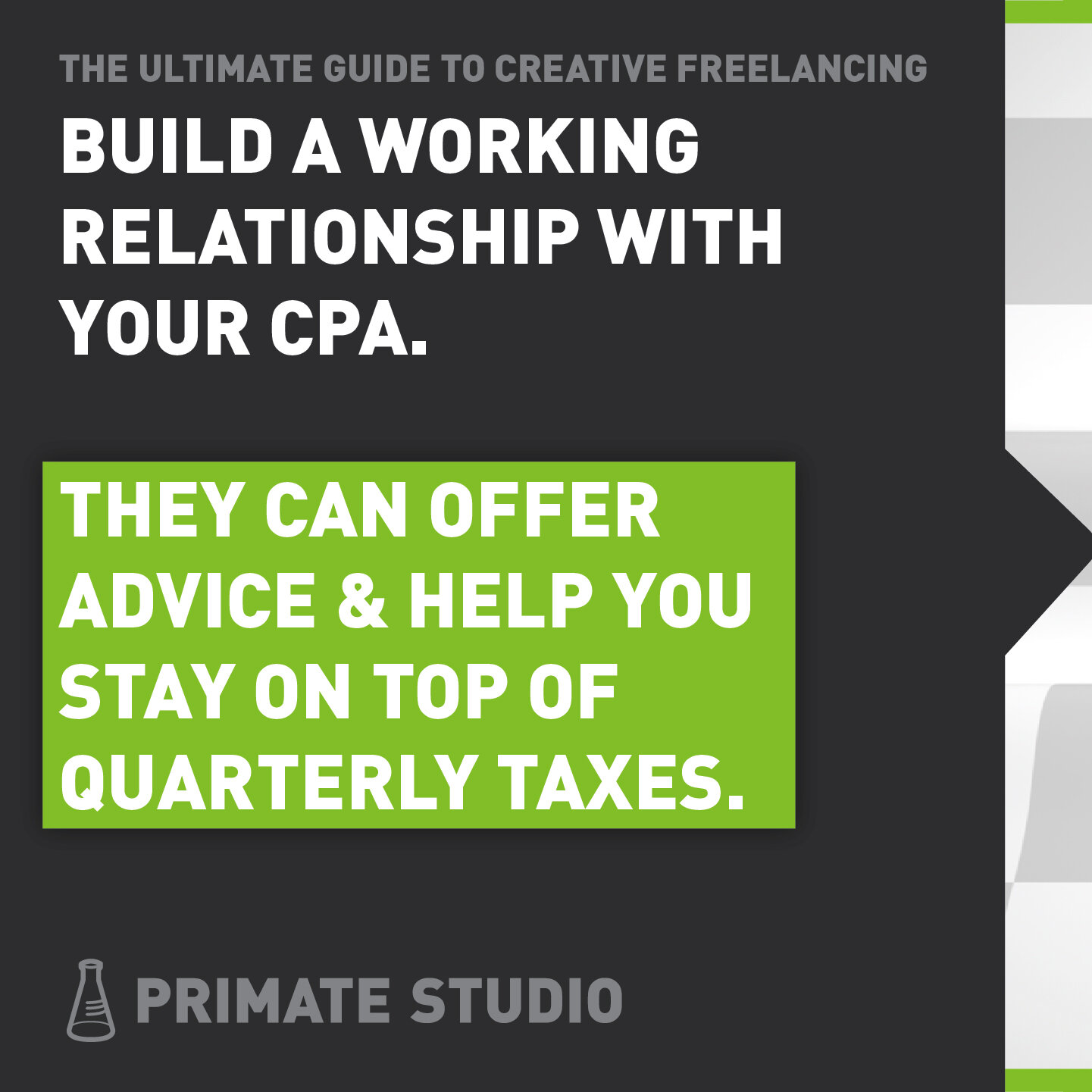Taxes
Know what you’re not good at: Taxes
Find a CPA (certified public accountant) who can advise you on the best ways to do your taxes. You can do this prior to going freelance or after
You can find a CPA via your local network. I found mine through a freelancer friend. Message me if you’d like his information!
Do not wait until tax season. They will not reply to you
TurboTax may work initially
CPA’s may cost more than TurboTax, but ultimately will save you money
Freelancers Union has a lot of articles online I find helpful regarding taxes
Initially you may work on W-2s
I track all my taxes paid on a Google Doc which you can download here:
W-2 (Self-employed) vs. 1099 (S-Corp)
W-2’s are the forms you fill out with new clients that provide them your tax information. Taxes are automatically withheld and income is automatically reported to the IRS
Working this way makes sense for new freelancers, those who want an easy automatic tax payment situation similar to regular employees, and also those making less than approximately $40,000 a year
W-2’s include your social security number. Requesting an EIN number from the IRS is easy, free, quick, and replaces your social security number on these forms for more security. You should do this here
Your CPA may advise you to incorporate as an S-Corp
An S-Corp is a corporation for individuals and may save you money
There are initial set-up costs and on-going additional work your CPA will charge you for
You can, however, deduct more expenses than you can as an individual
If you incorporate, send new clients and update existing clients with your new 1099 form, containing your business information
The 1099 form will require you to obtain a new business EIN number
Money is now paid to your S-Corp and should be deposited in a business bank account
Business Bank Account & Expenses
A business bank account is similar to a personal bank account. Look for a bank with low or no fees
Having separate business and personal accounts makes the IRS happy and helps you in case of an audit
Initially, you simply transfer money from your business account to your personal account to pay yourself
If you grow and need to pay others frequently, a payroll system may make sense
Many business-related expenses can be paid from your business account, subtracting from your business taxable income
Ask your CPA for details on what those expenses include. Some examples may include:
Work related software & technology
Work-related bills
Co-working spaces or dedicated home office space
Work-related travel
Dinners & Drinks with clients or colleagues
Refer to a CPA for clarifications and a complete list
You should save receipts in case of an audit
There are apps that track receipts like Expensify
More Information
An S-Corp essentially gets more of your income in a lower tax bracket. You’ll have to run the numbers with your CPA to see if it’s worth it for yourself. It is extra work on your end
An S-Corp (or freelancing for that matter) requires tracking income and expenses or “book-keeping.” An age old pain in the ass you need to do
Some CPAs offer this service, although I like to do this myself with a Google Sheet (QuickBooks will better integrate with your accountant)
Paying estimated quarterly taxes makes the IRS happiest. Your CPA will help you with paying estimated quarterly taxes
If you form an S-Corp you’ll need to file quarterly and/or annual business taxes to your city, state, and the federal government
This can get somewhat confusing, so I rely on my trusted CPA. Generally, I’m in communication with him throughout the year
Other freelancers I know do this themselves. Personally, I don’t find it worth it to spend hours figuring out taxes when I could spend those hours on client projects
Don’t stress! You’ll figure this out as you go and the IRS generally helps people learn how to pay them
Jump to:
Introduction: Ultimate Guide to Creative Freelancing
Part 1: Starting: Part-time vs. Full-time, Contractor vs. Freelancer
Part 2: Finding Work: Online Job Search, Recruiters, Staffing Agencies, & Networking
Part 4: Taxes
Part 5: Determining your Rate
Part 6: Paperwork: Contracts, Non-Disclosures, Quotes, Estimates, & Invoicing
Part 7: Motivation: Schedules, Deliverables, & File Organization
Part 9: Advice: Client Relationships, Best Practices, & General Advice
Love,
Paul
For snarky design commentary follow @gpaulbenson on Twitter
And see our previous blog post: “Tools & Resources for Designers” for additional advice.
Best of luck! And please send your tips or questions my way by commenting below! Also, would you be interested in video tutorials? Let me know!
Special Thanks to:
Channing Ritter (Freelance Advisor)
Brendan Bergen (Copywriter & Social Media Advisor)
Hana Sato (Creative Recruiting Advisor)
Aliza Adam (Freelance Advisor)
Selwyn Rocha (Graphic Design Advisor)
Anna Lu (Professional Feedback)
Tero Honkala (Marketing & Creative Media Feedback)
Chrissy Raftery (Professional Feedback)

